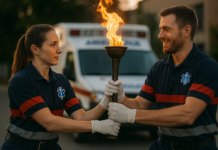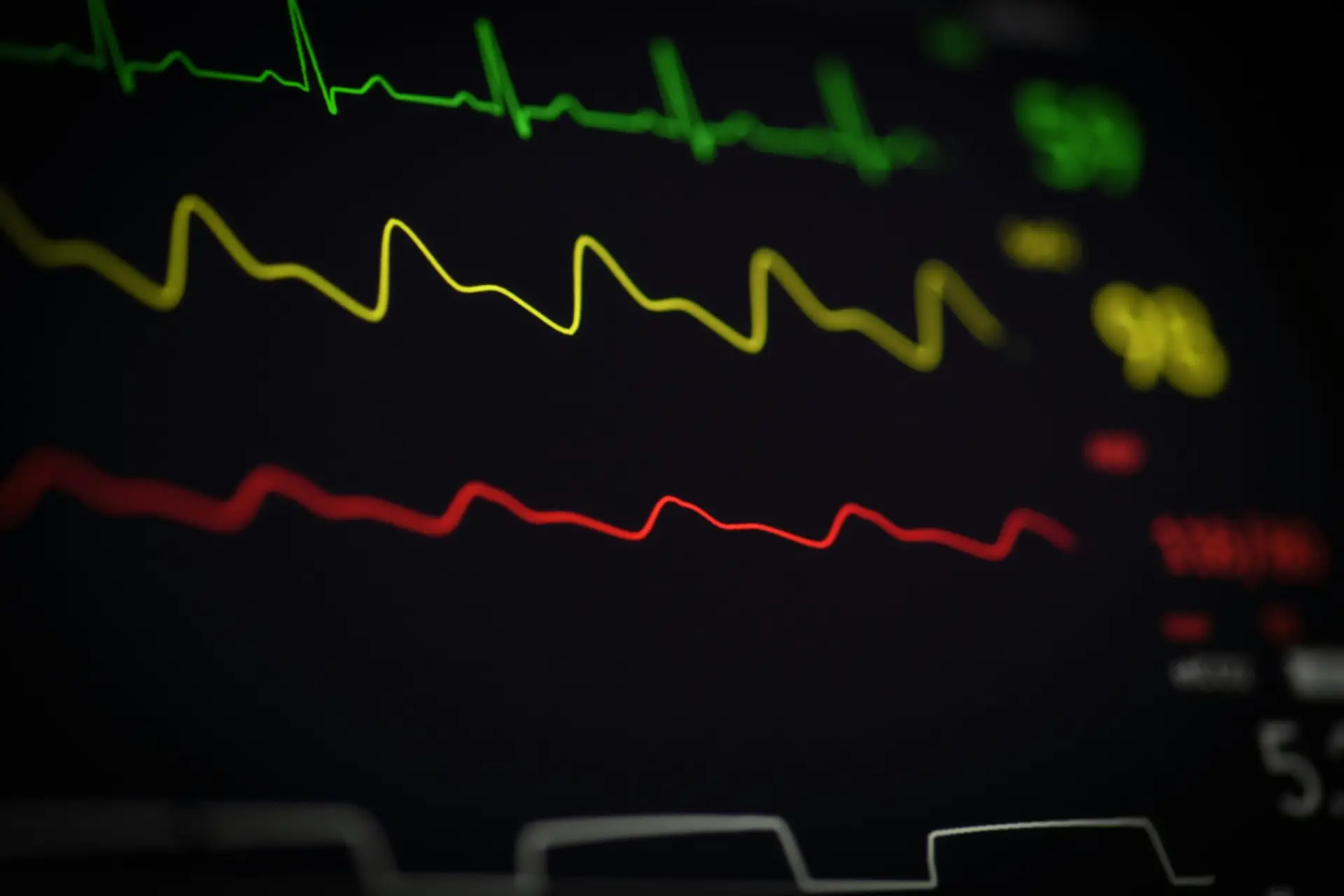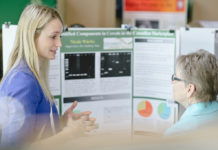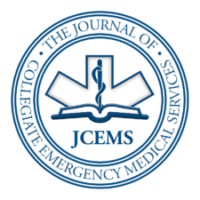In the inaugural issue of JCEMS, we described the limited evidence base supporting prehospital emergency care and the distinct lack of published research focused on collegiate-based EMS (CBEMS).1 As key barriers to the production of EMS research and scholarship, we identified a lack of education and mentorship. The design, implementation, and publication of quality research projects require the contributions of experienced and knowledgeable investigators with domain-specific expertise. However, CBEMS providers rarely receive targeted education on conducting or publishing EMS research. Moreover, CBEMS providers may find it challenging to identify and forge productive relationships with mentors who are experienced in EMS research and scholarship. This challenge is even greater for providers of CBEMS organizations that are unaffiliated with academic medical institutions.
Since its recent establishment, JCEMS has vigorously promoted research education and mentorship in the CBEMS community. In collaboration with the National Collegiate EMS Foundation (NCEMSF), JCEMS created an open access journal, annual academic poster session, and annual research design workshop. In addition, the JCEMS Editorial Board has been informally connecting CBEMS providers with established, professional mentors. The success of these initiatives has been made apparent by the quality of our published manuscripts and abstracts.
Notwithstanding JCEMS’ and NCEMSF’s contributions to the promotion of CBEMS research, there remain significant opportunities to pair the motivation and dedication of CBEMS providers with the experience and knowledge of established investigators. The JCEMS Research Mentorship Program – carefully designed over the last year – represents a collaborative effort between academic emergency medicine physicians, college health professionals, prehospital professionals, graduate students, and CBEMS providers.
Objectives
The primary objective of the JCEMS Research Mentorship Program is to facilitate productive scholarly relationships between CBEMS providers and established EMS researchers. It is expected that students who participate in the program will develop competency in conducting research, setting the stage for their continued development as research leaders in EMS and other fields. It is also anticipated that the projects fostered by the program will result in scholarly publications and presentations that impact clinical, operational, and administrative developments within the CBEMS community.
Program Overview
At the core of the program is the relationship between mentors and CBEMS providers. As described in this editorial JCEMS will systematically facilitate productive, scholarly relationships. Figure 1 presents a schematic map of progression through the mentorship program; additional options may be feasible depending on the specific aims of mentors and students.
Figure 1. Schematic map of the JCEMS Research Mentorship Program.
Applications
As highlighted in the Application Information Box, all CBEMS providers may apply to enroll in the program. Students will be accepted on the basis of clearly articulated motivations and intent. Strong research experience will enhance the competitiveness of an application, but is not strictly required. Multiple students may apply as a team. Accepted students will be designated as JCEMS Research-Scholars.
Residents, medical students, and graduate students with strong preparation in research and mentorship may apply to serve as Junior Mentors; faculty and clinicians with demonstrated expertise in EMS research (or a relevant field) and extensive experience in teaching or mentorship may elect to serve as Senior Mentors.
Matching
JCEMS will match selected students with a Senior Mentor and, potentially, one or more Junior Mentors. Matches will be made on the basis of shared research interests, and students may elect to identify a desired mentor in their application if they have an established relationship (eg, the student’s medical director). When appropriate, students with similar research interests may be grouped into research teams. Mentors and students may be located remotely from each other.
Roles & Expectations
After matching students and mentors, JCEMS will facilitate the creation of a written agreement between the students and the mentors, detailing the expected timeframe, time commitment, roles of students and mentors, and expected outcomes from their project. It is anticipated that the students will lead a semester to year-long project with continuous guidance and assistance from their mentors; however, the research team members may define their respective roles and commitments as they choose, and roles may be refined over time.
Project Design
Mentors will help the students to design a research project, including identifying any additional student or faculty collaborators and obtaining Institutional Review Board (IRB) approval. A broad range of research projects are acceptable including, but not limited to, an innovative pilot or quality improvement project, epidemiological survey, simulation-based training study, review article, or case report.
Research teams may submit a description or proposal of their projects to JCEMS before initiating their projects. JCEMS will identify reviewers with subject-matter expertise to provide comments and feedback in order to refine and strengthen projects.
Project Implementation
Throughout the project implementation process, JCEMS will help the research teams as needed to refine project goals and methods, identify additional collaborators/consultants, seek funding, and potentially help students seek academic credit. Each month, JCEMS Research-Scholars will submit a brief report detailing their progress and plans.
Presentation & Publication
Research teams are strongly encouraged to submit an abstract for a poster presentation at the Annual Conference of the National Collegiate EMS Foundation. Upon completion of the project, research teams are strongly encouraged to submit a manuscript for peer review in JCEMS.
Program Evaluation and Growth
The program will be continuously evaluated and iteratively improved. Feedback will be systematically collected from the Research-Scholars and Mentors to identify opportunities for program improvement.
Initially, only five students or student-teams will be eligible for simultaneous enrollment in the program. Limiting the number of actively enrolled Research-Scholars will ensure that JCEMS is able to offer extensive support to each research team. As the program develops, a greater number of Research-Scholars may be simultaneously enrolled.
It is anticipated that the projects initially facilitated will be short-term, single-institution research studies or pilot projects. JCEMS will actively seek to promote the development of long-term, multi-site studies and projects with the potential for high impact in the collegiate EMS environment and beyond.








